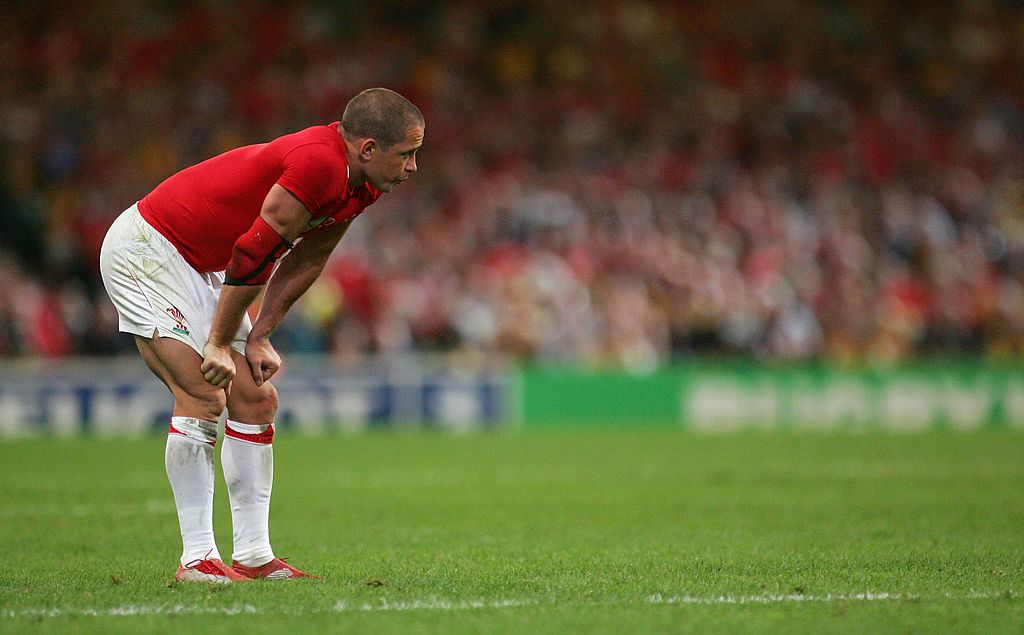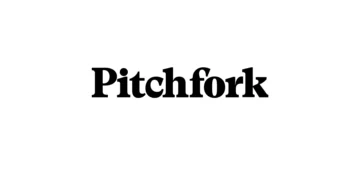A proud rugby nation is being run into the ground, with this week’s provisional World Cup squad debacle again highlighting the absolute state of the Welsh Rugby Union.
I’m going to tell you a story about two men, only one of whom is eligible to play for Wales at this year’s Rugby World Cup.
The first, we’ll call him Joe. Joe is 20 years old and born in Swansea. He learned to play rugby at Pontardawe RFC – the local club of a small Welsh town in the valley of the River Tawe. Joe impressed at Pontardawe and was offered a place in the academy for the Swansea-based professional team, Ospreys, while rising through Welsh international youth ranks. Aged 18, he made his professional debut for his boyhood team.
Late last year, Joe was capped by Wales. He went on to start the first four games of the 2023 Six Nations. It was a disastrous tournament for Wales, with poor performances aggravated further by the financial issues engulfing the Welsh Rugby Union (WRU) off the pitch. There were even talks of a mid-tournament strike by the players. They relented, but captain Ken Owens publicly called Welsh rugby “a laughing stock”. Joe, however, held his own.
In April, with the WRU’s financial woes so dire that the very existence of Ospreys was in serious doubt, Joe signed to play for the Exeter Chiefs in England, starting next season. The Exeter deal is Joe’s first professional contract. To this point, putting his body on the line for both Ospreys and Wales over three years, Joe had been kept on an amateur contract – and salary.
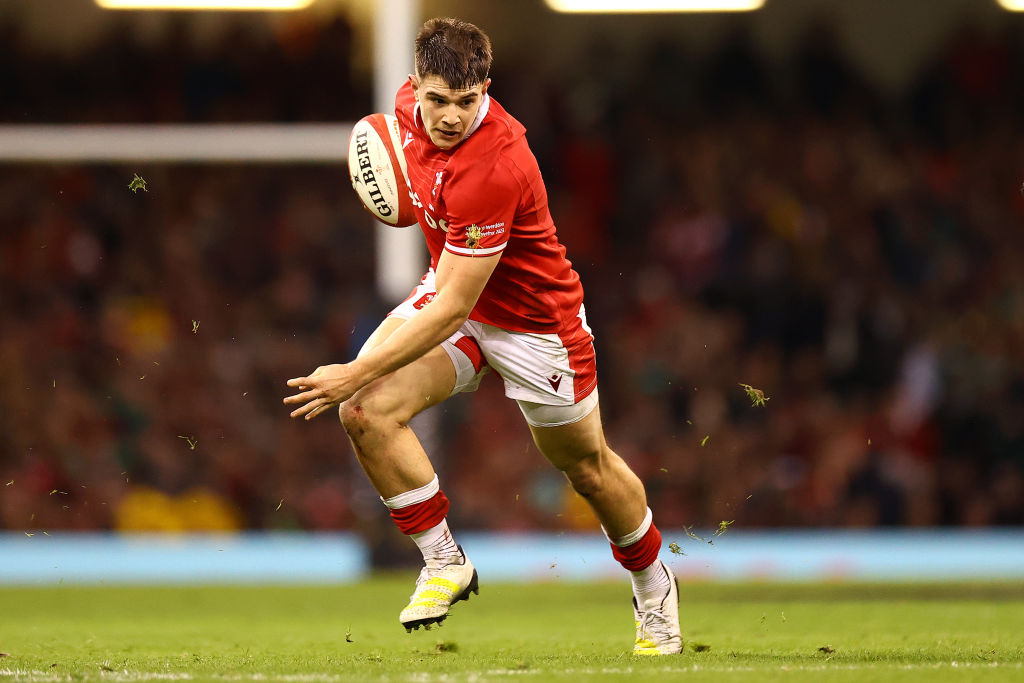
Joe Hawkins playing for Wales during the Six Nations Rugby match between Wales and Ireland at Principality Stadium on February 04, 2023, in Cardiff, Wales. (Photo by Michael Steele/Getty Images)
The second bloke, we’ll call him Henry. Henry is 31, born in southwest London and educated at Millfield School in Somerset. Henry came through the England international youth ranks and made his professional debut for the Manchester-based Sale Sharks in 2010. Henry was rewarded with a call-up to international rugby in 2013 and was capped by England a total of seven times, the last of which came in 2014.
In 2021, with Henry’s England career seemingly over, he made the choice to move abroad and signed with French outfit Montpellier HR. Henry still plays for Montpellier and helped his team win last year’s Top 14 trophy. He has never played for a team in Wales or represented Wales at any age group, but Henry’s father, we’ll call him Nigel, is from Swansea.
This week it was announced that Henry Thomas has been named in Wales’ 54-man provisional squad for the 2023 World Cup. It is an admirable achievement from a player who seemed destined to end with a handful of caps for England but has reinvigorated his career and has been rewarded with a chance to play at a World Cup.
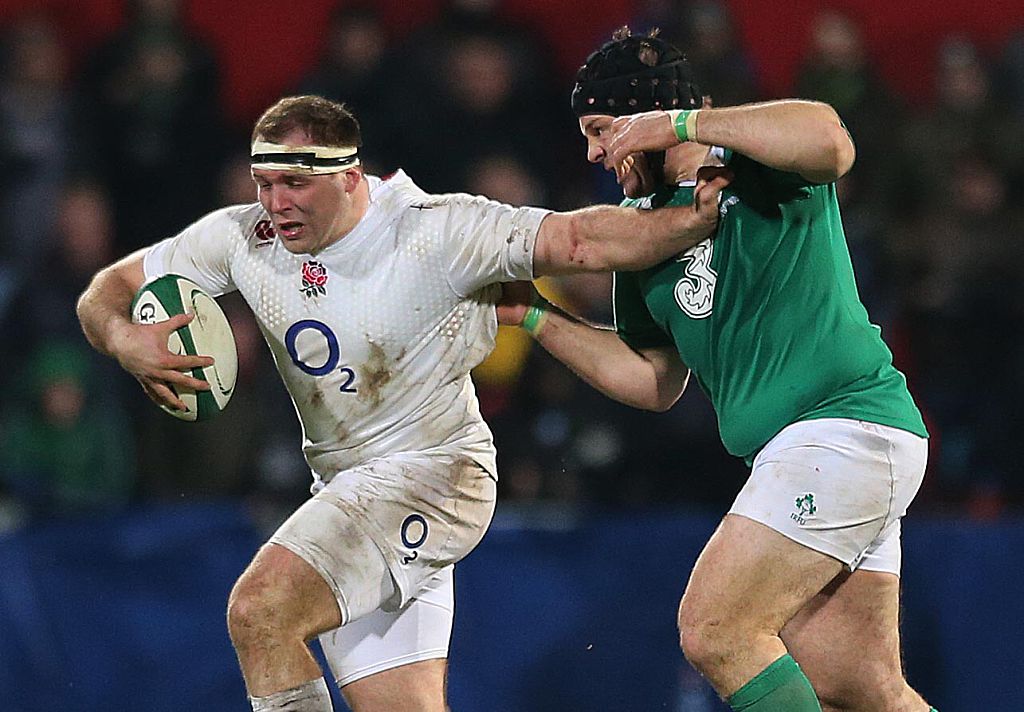
Henry Thomas playing for England (Photo by Stringer/Getty Images)
This week it was also announced that Joe Hawkins is ineligible because he signed with a team outside Wales. Both men play outside Wales, you might be thinking, but because Joe has represented Wales before, he cannot leave until he has 25 caps. This new quarter-century mark is a reduction on the 60 caps that was in place until earlier this year and a result of the strike threat during the Six Nations.
It is worth stressing that Joe’s absence is not remotely the fault of Henry, or any other Welsh player for that matter (I won’t even mention the Will Rowlands saga). Rather, Joe is missing out on the chance to represent his nation on rugby’s biggest stage because of the inane, self-serving and fundamentally flawed governance of the Welsh Rugby Union, an organisation that has run Wales’ domestic rugby teams to the brink of existence, overseen a disastrous transition in their international team, been mired by allegations of racism and misogyny, and now, arguably worst of all is incapable of acknowledging any of its own mismanagement.
I am not a fan of Welsh rugby. Wales were very good for about as long as Scotland, who I support, were very bad. Of the first 17 encounters I was old enough to remember between the two teams, Wales beat Scotland on 15 occasions, oftentimes heavily, occasionally agonisingly, and always painfully.
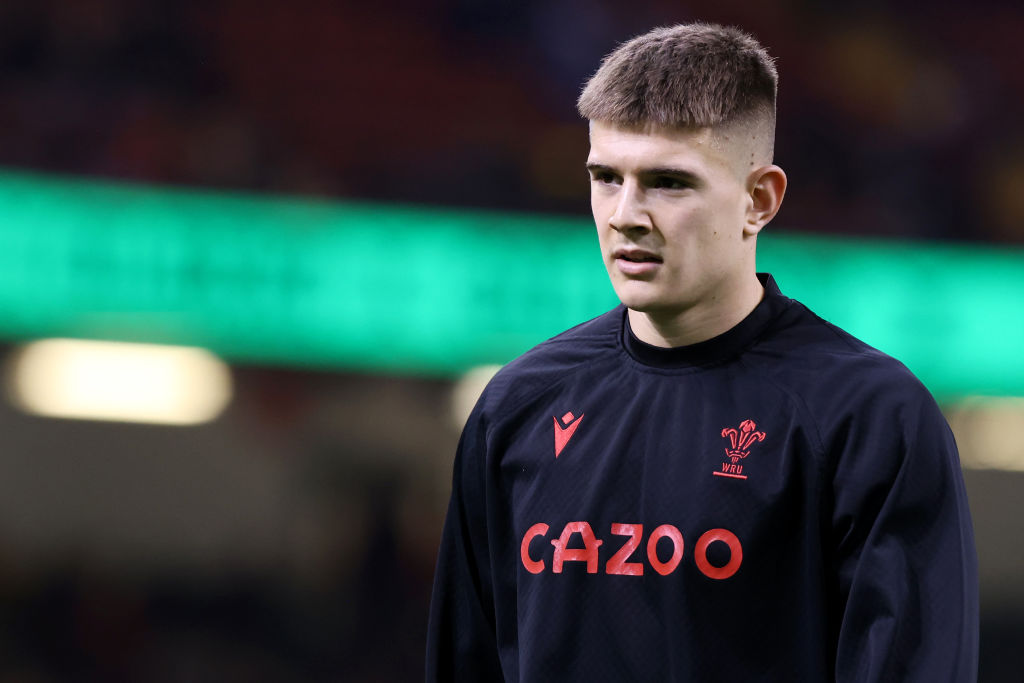
Joe Hawkins (Photo by Huw Fairclough/Getty Images)
There come, however, situations where what is best for the sport has to trump blind tribalism. As much as I have enjoyed seeing an ageing Welsh squad suffer poor results in recent years, no true fan of rugby can celebrate promising players being ostracised for making the sensible professional choice in a sport with short careers, high injury risk and considerably less funding than its competitors. Nor, tempting as it may seem, can any fan of rugby genuinely hope to see the demise of Welsh rugby.
The rules that prevent Joe Hawkins from playing for Wales were implemented for a reason, and Wales are not alone in having them. England – albeit with a much larger, wealthier club system – does not select anyone who plays abroad. Ireland – presently the number one team in the world – also refuse to select players based anywhere other than the Emerald Isle. New Zealand, three times the winner of the World Cup, do the same thing. (I realise Scotland is almost the opposite, picking foreigners by the dozen, but when we’ve got Duhan Van Der Merwe, Sione Tiopolotu and Ben White, ironically England’s best scrum half these days, why wouldn’t we?)
Where the WRU are to blame in this latest fallout is not for implementing these rules, to begin with, but failing to acknowledge the extenuating circumstances – largely of their making, no less! – under which Joe Hawkins signed for Exeter.
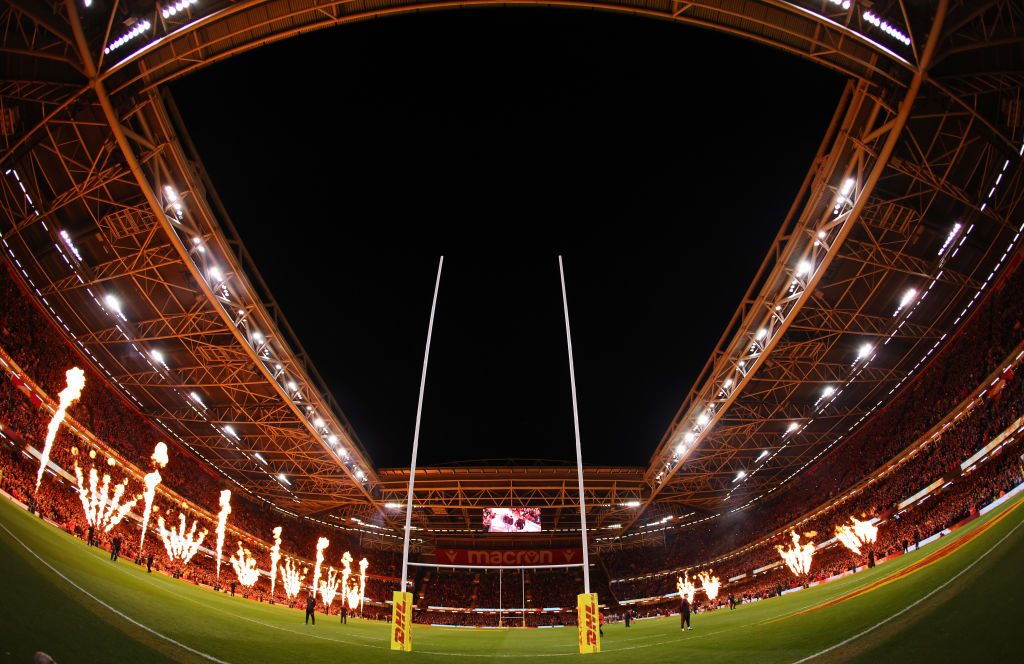
The Principality Stadium in Cardiff, Wales, is one of the best stadium’s in the world, and the home of Welsh rugby. (Photo by Richard Heathcote/Getty Images)
As ever, it will not be the WRU’s fault. The rules are the rules, they will say. They will cry Covid. They will cite Wasps and Worcester and now potentially London Irish as evidence of financial issues facing the wider rugby world. They will highlight their revenue compared to England’s Rugby Football Union. They will blame the club structure. They will promise reviews into sexism and racism, and promise to act on their results.
Whatever facade they create, the simple facts remain: a proud rugby nation is being run into the dirt. Welsh rugby have a pool of talent, a rugby infrastructure, a rugby culture and a beautiful, intimidating stadium. They also have comparable financial resources to other nations who are massively outperforming them. Ireland, who report a marginally smaller revenue, are coming off a grand slam and have, in all likelihood, the best domestic professional team in the world in Leinster.
Compare the following two charts – compiled by The Currency for a story comparing the two organisations – based on the income statements from the WRU and IRFU for 2021/2022.
The most staggering divergence is in the gulf between what they spend on their domestic professional games. It’s nothing new. Wales’ professional game has been underfunded for years, again seen in the graph below dating back to 2005.
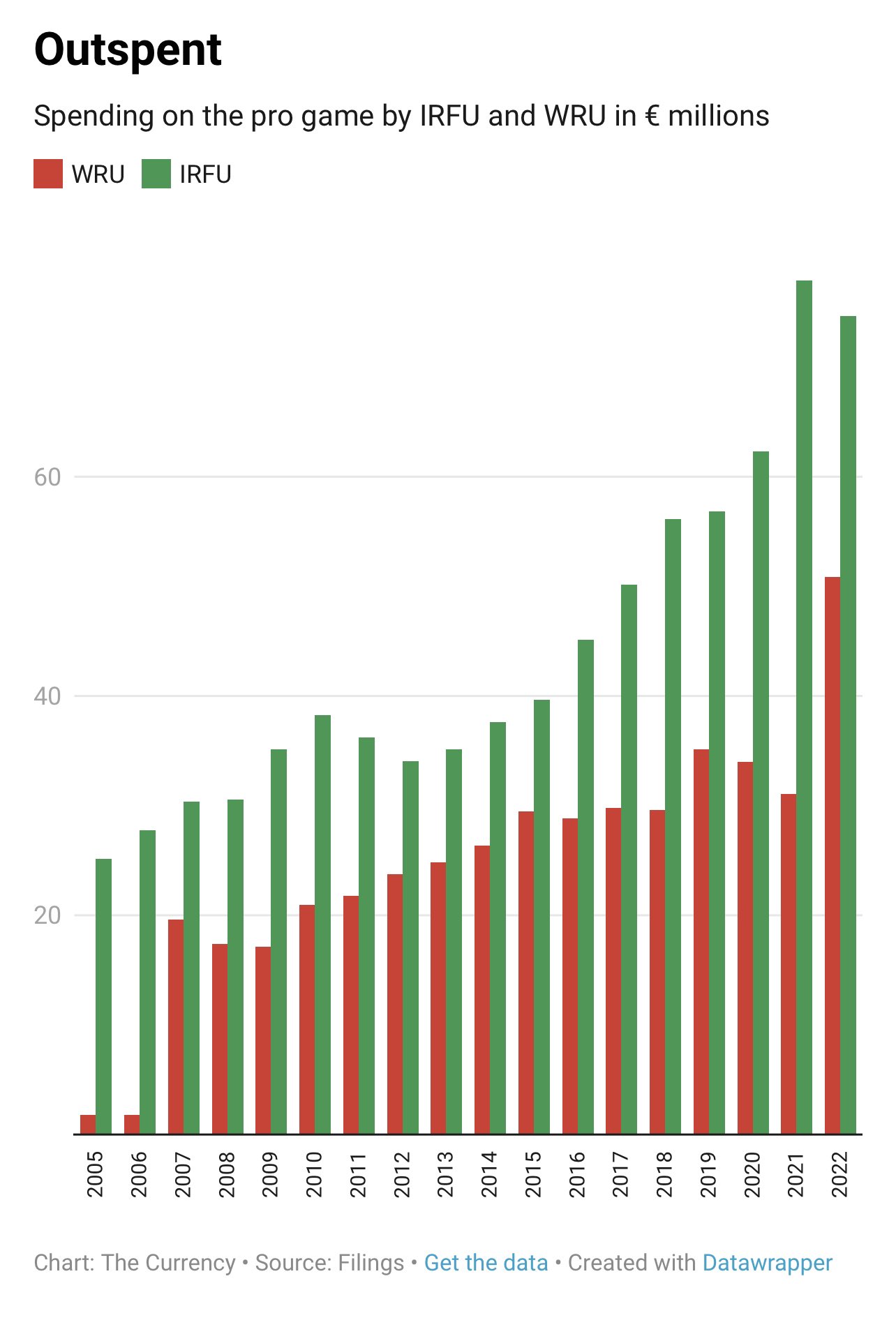
Credit: The Currency
The reason the professional teams receive so little funding is because the WRU has long been run to benefit itself. Unlike the IRFU, the WRU does not own its regional teams. It made the decision not to run them or their finances when the game professionalised, and with no immediate vested financial interest, the WRU turned their back on the regions.
Success on the international stage masked this mismanagement for a long time, but a badly operated company, run for the wrong reasons, can only get by for so long. Already, the next generation – Joe Hawkins is, in theory, both the present and the future – are leaving them behind.

